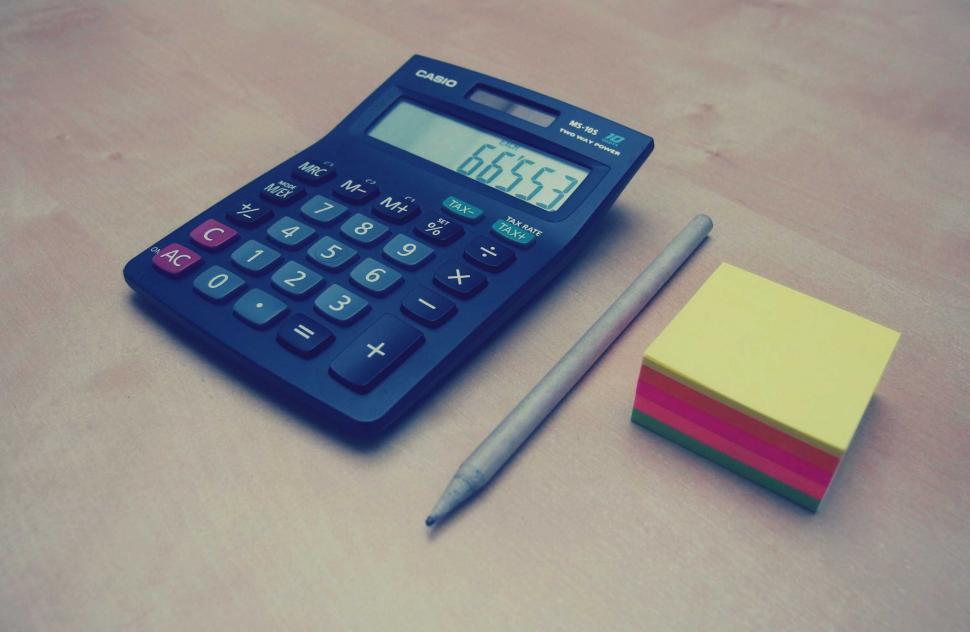With the countless exams at this time of the year, it is important for students to focus on finishing school with their best effort. Although it may seem tempting to ease into summer relaxation, students should dedicate time to studying; however, simply rereading course notes is not going to help you achieve your desired score. In fact, how you study is just as fundamental as if you choose to study. Here are three key points to guide you to success on your upcoming exams.
Firstly, one of the most crucial parts of test preparation is challenging yourself through practice tests or problems. These are a great way to learn about weak areas in a subject, as well as your strongest topics. Further, with this knowledge, one can direct more attention to the topics that need to be reinforced with review. Additionally, taking practice tests allows you to be comfortable with the testing format. Becoming familiar with the test may help you work more efficiently on testing day and reduce nervousness about the exam’s structure. Practice problems can also be utilized at a higher level. In a digital handout “Studying 101: Study Smarter Not Harder” by the Learning Center of the University of North Carolina at Chapel Hill, it is advised to take the time after solving a question to explain to yourself the procedure and reasoning behind the solution. Regardless of whether your answer is correct or not, the extra effort to fully understand the problem will prove to be extremely useful on the actual exam.
Next, do NOT cram any necessary review right before the exam. Cramming review might have helped on a past quiz, but it will not at all get you a desirable grade on a final exam. As a matter of fact, a UCLA Health article “Cramming for a test? Don’t do it, say UCLA researchers” stresses that overwhelming yourself with all the course content in a short period of time might force you to lose sleep, negatively impacting your performance on testing day. To avoid being in this situation, divide your study time into achievable smaller sessions over a larger period of time. For example, instead of reviewing for five hours a day before the exam, break the subject down to cover the amount of time you have to prepare until the exam day. Studying in manageable portions each day improves information retention, contributing to a high test score.
Lastly, study in a productive environment. Having a phone blaring out notifications right next to you will impair your focus during study sessions. Therefore, if the phone is not needed, consider silencing notifications from any social media apps or games. Additionally, some people often listen to classical music to aid their concentration, while some prefer not to. One article from Healthline Media “Music and Studying: Do They Go Together?” details that listening to classical music may improve focus; however, others might see it to be distracting. Moreover, having a clean room is proven to increase productivity. Research from the Princeton University Neuroscience Institute shows that a clean and uncluttered room will make you more productive. The researchers concluded that an organized environment resulted in less distractions and more focus. Evidently, your study location significantly impacts the quality of the work you perform.
To conclude, students can achieve higher exam scores through taking actions to improve their study techniques. On the contrary, a bad score may be received due to studying inefficiently, from distractions and other such hindrances. Fortunately, you as a student can build healthy habits to end the school year strong.









